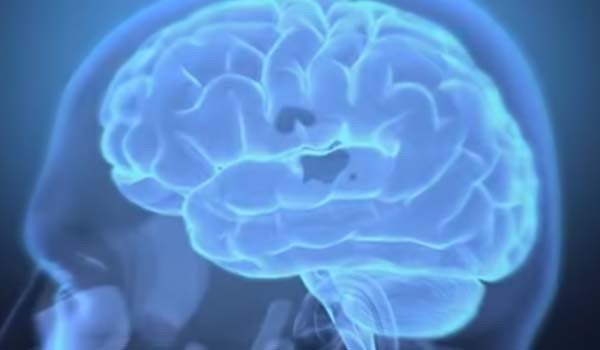Recent studies have found that immune systems affect not only the individual’s physical behavior but scientists claim the same have direct connections to social behavior.
A paper published on Nature has confirmed what has long been hypothesized by scientists that there is a significant relationship between the immune system and the neurological functions of the human being. Researchers from the University of Virginia and the University of Massachusetts Medical School have studied mice to determine how the immune system affects their social behavior. They observed the direct impact on the social behavior of the immune system, claiming that a “profound implications for humans with autism-spectrum disorders and schizophrenia.”
“This study implicates adaptive immune dysfunction, in particular IFN-γ, in disorders characterized by social dysfunction and suggests a co-evolutionary link between social behavior and an anti-pathogen immune response driven by IFN-γ signaling,” scientists wrote in the paper.
Gizmodo says scientists have pointed out that the mice are more likely to be social when an immune molecule, referred to as interferon gamma, is highly apparent or “activated.” The absence of this molecule in mice shows no interaction takes place between these creatures.
To illustrate his claims, the chair of the University of Virginia’s Department of Neuroscience, Jonathan Kipnis compared the brain to an airport in a small city.
“It’s like a little airport in small cities [suddenly] become major hubs and so there’s a mess [of traffic congestion] in the air,” Gizmodo quoted Kipnis as saying.
Kipnis added, “Same thing happens with the brain, so [the] brain cannot function properly.”
The findings also explained the relationship between people and pathogens and how social interactions help creatures to survive.
“The brain and the adaptive immune system were thought to be isolated from each other, and any immune activity in the brain was perceived as sign of a pathology. And now, not only are we showing that they are closely interacting, but some of our behavior traits might have evolved because of our immune response to pathogens,” Kipnis said, according to RT.
Kipnis is also one of the authors of the paper published in Nature. He reiterated that the immune system dictates the type of personality regarding pathogens and the immune system as two ancient forces in multicellular battlefields.
WATCH to find out more about the relationship between the immune system and social behavior.



























